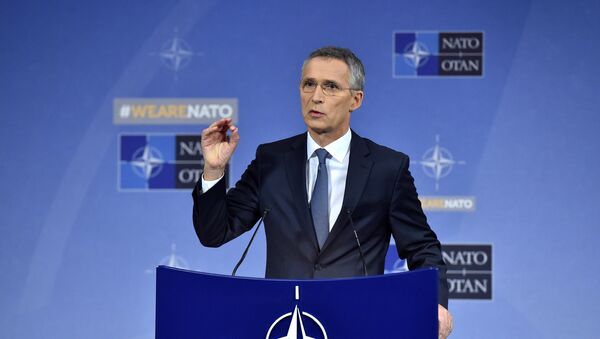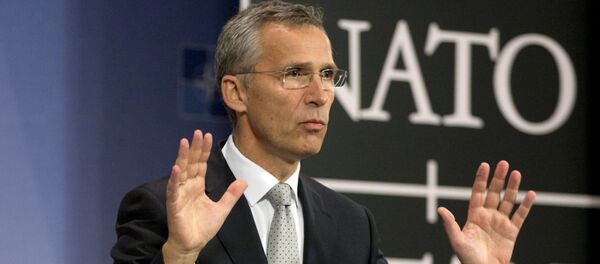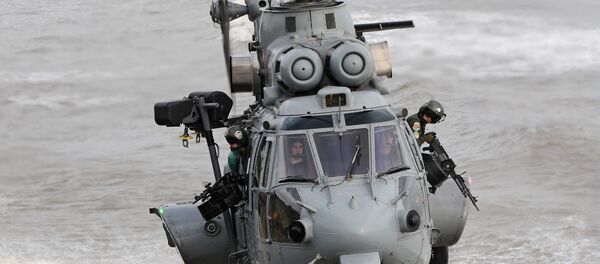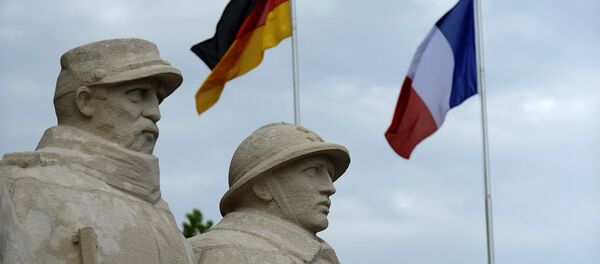Speaking before a meeting of the European Council December 14, Jens Stoltenberg welcomed greater European defense cooperation, stating he believed it would be "good for Europe and NATO" alike — but he simultaneously stressed the need for "complementarity" not "competition."
"I welcome the initiative… because I believe that will be good for the European Union, for Europe and for NATO. But to be sure that we are able to fulfil this potential we have to focus on especially three things," he said.
"Thirdly, we need the fullest possible involvement of non-EU Allies because they are key to European security. We have to remember after Brexit next year 80 percent of NATO's defence expenditures will come from non-EU Allies and that just highlights the importance of complementarity and not competition between NATO and the EU," Stoltenberg added.
Stoltenberg has repeatedly cautioned against the creation of a European army, and suggested Europe could not survive without NATO.
In June, the European Commission launched the European Defense Fund, to supplement member states' defense research and support EU countries in obtaining military equipment.
Similarly, the creation of an EU army will almost inevitably weaken member states' relations with NATO — EU top brass are wise to this eventuality, with the 2017 Munich Security Conference Report calling on EU member states to "set aside" any concerns that investing in EU defense schemes would divert resources away from NATO, on the basis the time had come for the EU's "clout in the world" to come "top of the menu."
Nonetheless, a March report issued by the UK Policy Exchange suggested the biggest problem Europe will have in attempting to break free from NATO will be nuclear deterrence — namely, who or what will provide nuclear deterrence a "strategically autonomous" Europe will inevitably need to achieve great power status?
"Is French power sufficient for this role and what does that entail for the balance of European affairs? This nuclear question is already being asked in Germany and Poland, but there is, as yet, no definitive answer to it. What is clear is discussions on EU defence continue to be driven by political dynamics within the EU rather than genuine strategic calculations," the report stated.




